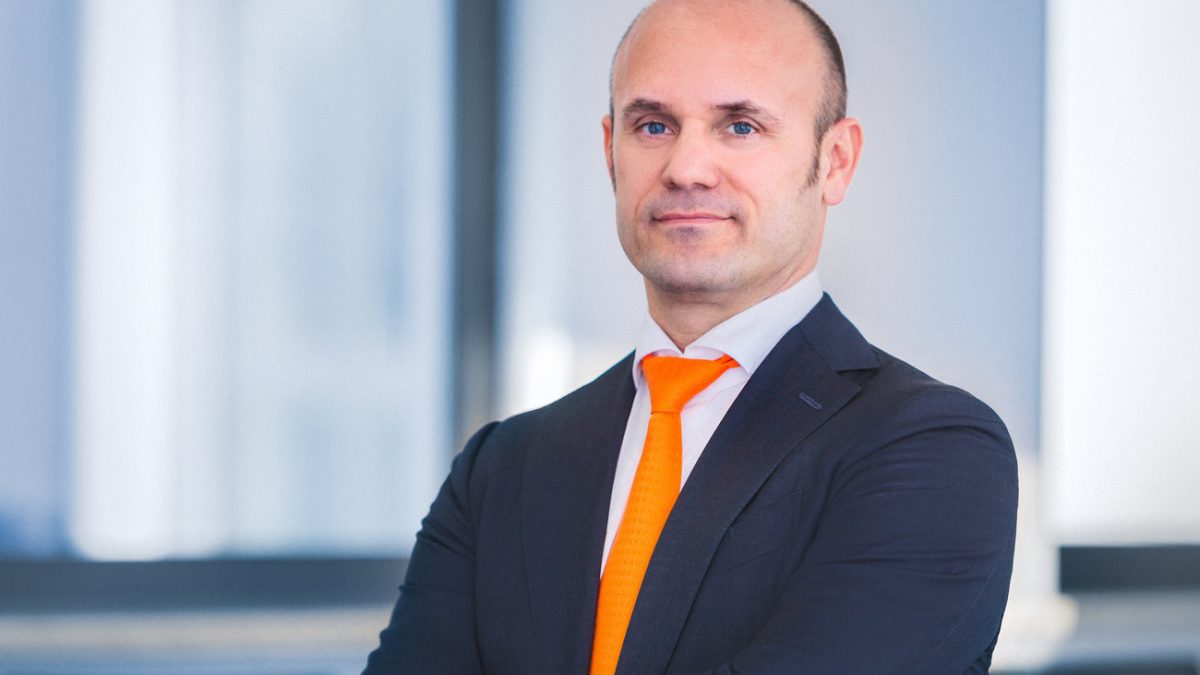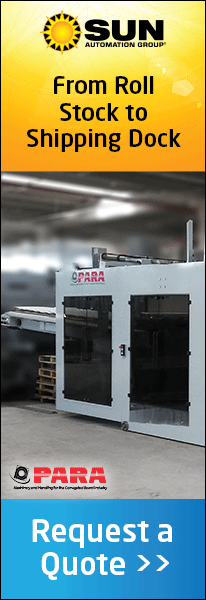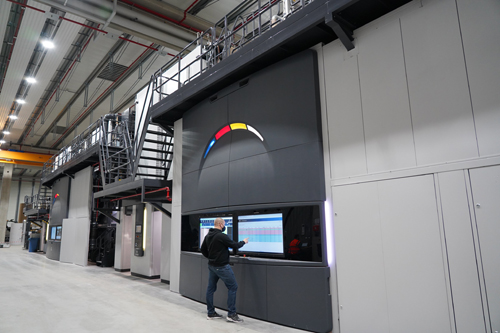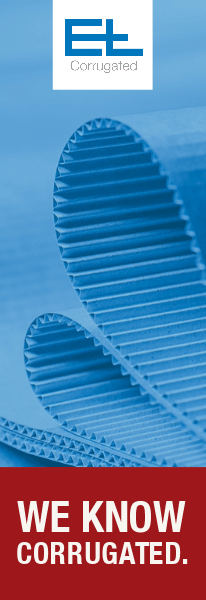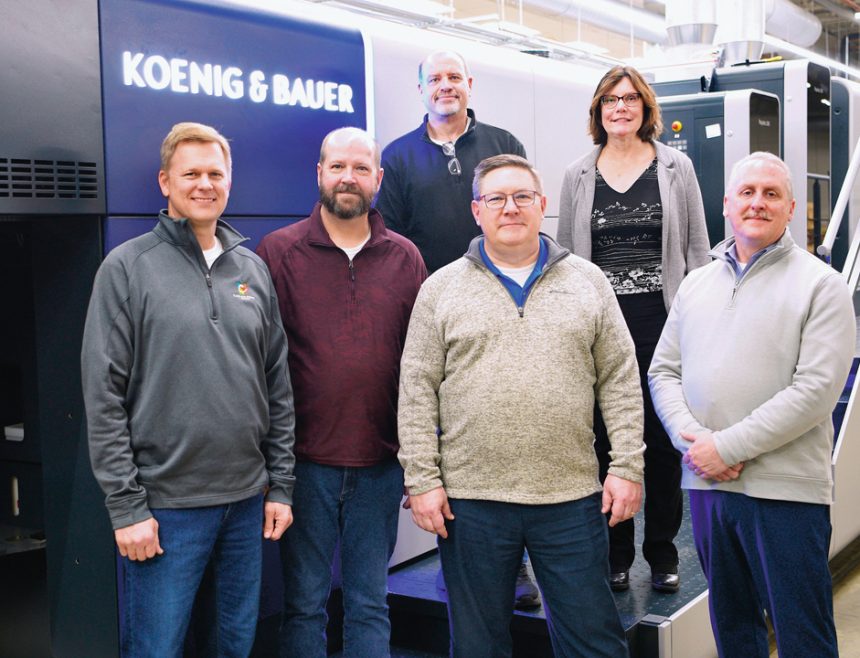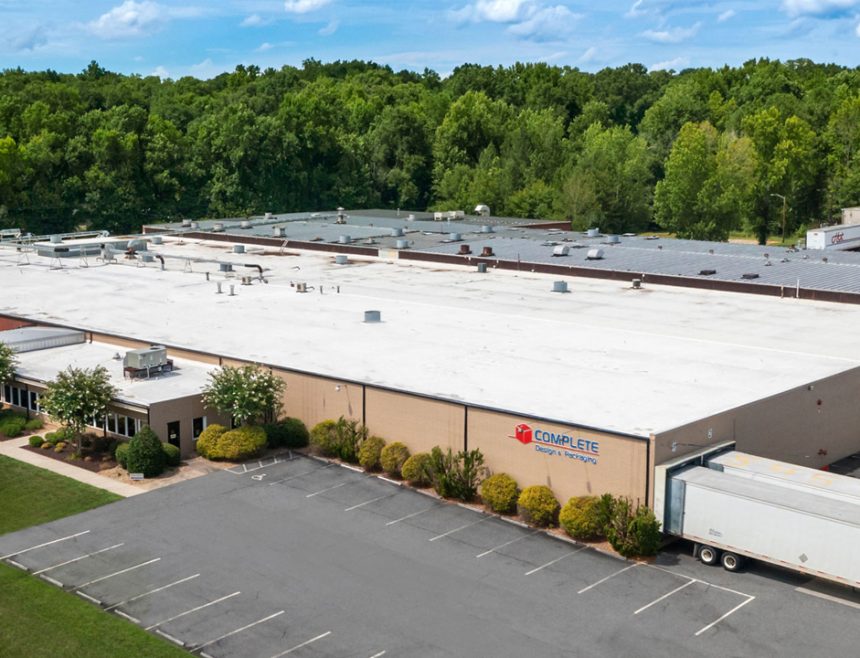The Schumacher Packaging Group is expanding its board plant in Greven, in the immediate vicinity of Münster-Osnabrück Airport, into a next-generation mega plant. The packaging manufacturer is reacting quickly to the current increase in demand for corrugated board packaging, which is driven not least by the booming e-commerce sector. In addition to an expansion of the production area by more than 20,000 sqm, two new lines from BHS Corrugated with a total production capacity of 600m sqm of corrugated board per year will complete the expansion as early as 2022. This will make Greven one of the world’s largest mega plants, replacing the Ebersdorf headquarters with 350m sqm per year as the largest corrugated board plant in the company to date.
While the strategy of the Schumacher at the beginning of 2021 was still characterised by cautious investment planning due to the uncertainties caused by COVID-19, the demand for corrugated packaging has exploded in the meantime. In Greven alone, the group is now investing a total of around €70m in 2021 and 2022 and creating 200 new jobs. At the end of June, a 7,000 sqm expansion of the production area in Greven went into operation. Immediately afterwards, the company will build another 14,000 sqm of production space. Their completion is planned for February 2022.
“Now, at the hopefully imminent end of the pandemic in Europe, the economic environment has developed an unprecedented dynamism,” says Björn Schumacher, Managing Director. “As a family-run company, we have the great advantage of being able to react to market developments with the same dynamism.”
Boom in online
A major reason for the demand for packaging is e-commerce; in Germany alone, turnover in B2C online trade amounted to €72.8 bn in 2020 – a considerable increase of 23% compared to the previous year’s figure of €59.2 bn. Due to the pandemic-related closures in ‘bricks & mortar’ trade, numerous consumers have covered their needs almost exclusively online. New customer groups who had not previously bought online, or only bought a little, have also joined the market. “The pandemic has accelerated the transformation towards e-commerce and this development is proving to be permanent,” Schumacher continues. “Analysts assume that there will be double-digit growth rates in online retail in each of the next few years as well.”
Flipping the switch
Schumacher Packaging reacted quickly and flexibly to the changing market conditions. “Of course, we always had an expansion perspective in mind in Greven,” says Schumacher. “We acquired the necessary floor space in AirportPark FMO years ago. But to almost double our production capacity in Greven at such short notice, as we are doing now – that requires short decision-making processes and flat hierarchies. Otherwise, construction projects like the one in Greven often take twice as long. Our construction companies simply continue without interruption after the current 7,000 sqm expansion stage. I think it is precisely the medium-sized companies in Germany that have the flexibility and adaptability that the market needs at the moment. We had to flip the switch very quickly now for the post-COVID-19 period. That’s what we’ve done.”
The market appreciates the company’s agility and willingness to invest. “Customers honour our commitment because we open up a perspective for them. They are now increasingly concluding longer-term supply contracts with us,” adds Schumacher, “which in turn means greater planning security for both sides.”
Paper expansion
The Schumacher Packaging Group is also investing heavily in the supply of containerboard. The company’s Grudziądz paper mill in Poland produces around 140,000 tonnes of containerboard per year.
In Myszków, Poland, the Group-owned mill has a capacity of 150,000 tonnes. “We have accelerated our expansion plans at this site because of the increasing demand,” says Schumacher. “We had originally planned to double the capacity to 300,000 tonnes per year in 2023/24, but now we are bringing the expansion forward to 2022/23.”
The investment sum for the capacity doubling in Myszków is €75m. The main sales market for Myszków, however, remains Poland. “In practice, transporting the paper to Germany makes neither ecological nor economic sense,” concludes Schumacher. “That’s why we cooperate with German paper manufacturers on a swap basis; they supply corrugated board plants in Germany and we supply their customers in Poland.”

